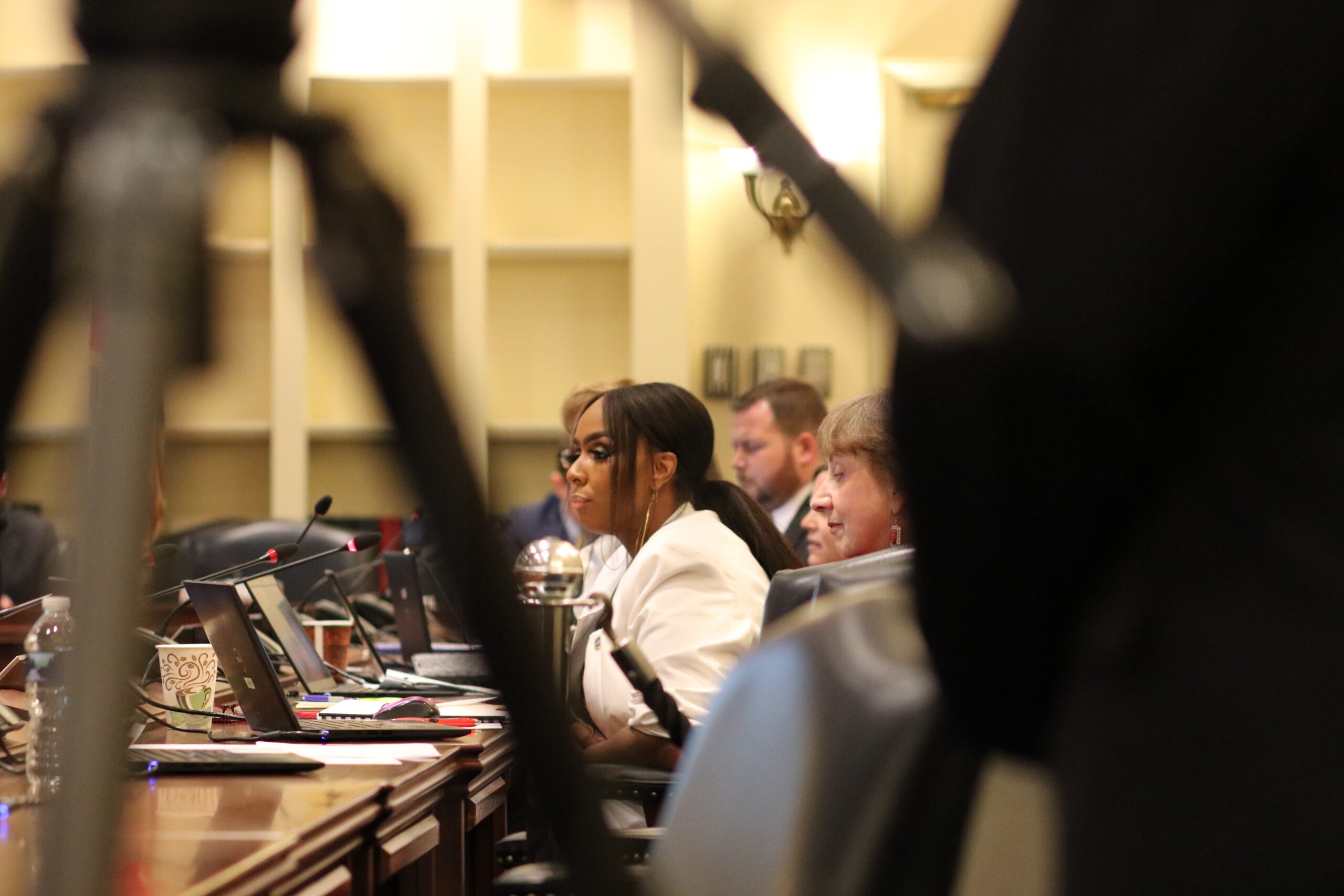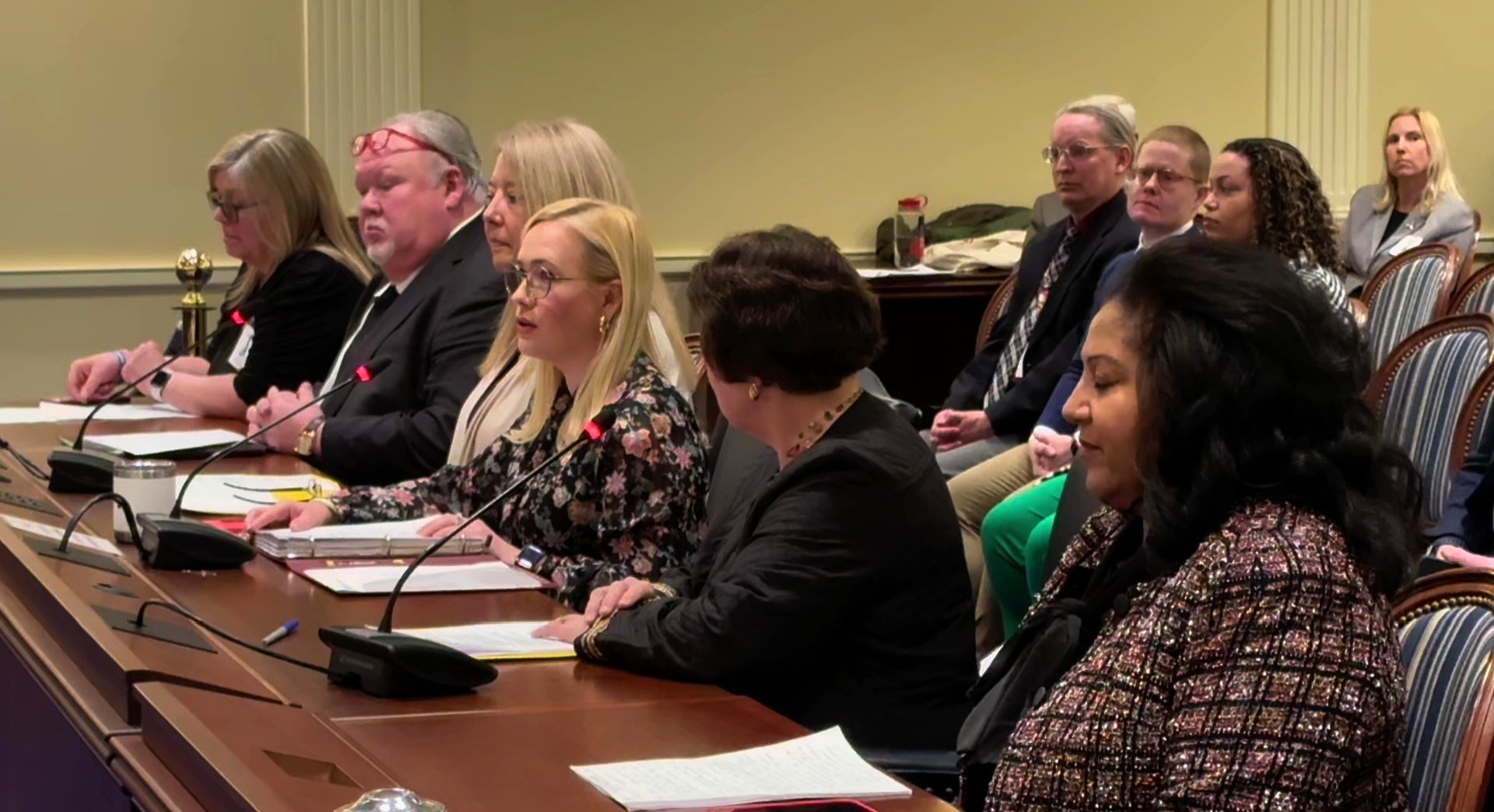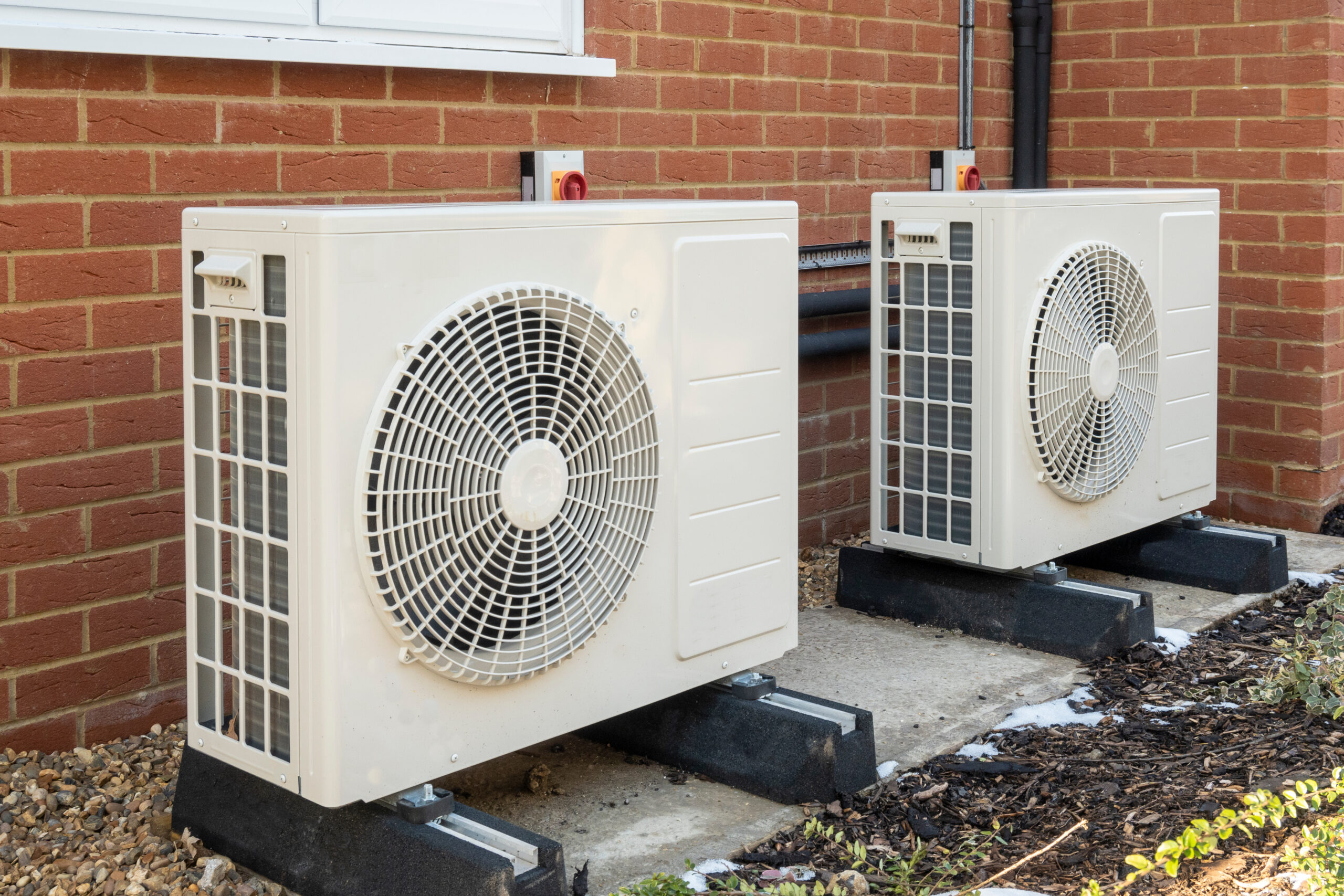Lawmaker Calls Problems With Mold Remediation ‘a Consumer Rights Issue’

Del. Shaneka Henson (D-Anne Arundel) unveiled a piece of legislation Wednesday that aims to regulate the way the state handles the mitigation and prevention of mold in homes and schools.
If enacted, House Bill 1540 would standardize a set of best-practices for mold identification, prevention and removal that meet the standards issued by the U.S. Environmental Protection Agency.
It would also mandate an annual inspection for educational, child and elder care facilities and rental homes.
“It is a consumer rights issue to make sure that when someone says they are going to remediate mold in your home, that you get the service that you pay for and that it is quality service,” Henson said during an Annapolis news conference.
The bill could also impose fines of up to $10,000 for property owners who do not comply with the standards and would allow tenants to bank rent checks in an escrow account if the conditions are not improved following the proper notification of their landlord.
Henson said that the EPA published mold remediation guidelines in 2008, which the state has yet to embrace.
Should the legislation pass, Henson said that Maryland would be joining 15 states and Washington, D.C., in standardizing a remediation method.
The bill was heard before the House Environment and Transportation Committee the same afternoon.
Medical professionals state that mold in private and public dwellings can lead to a number of ailments including asthma, which can be attributed to high absentee rates for school-aged children.
Annapolis resident and mother of six Heaven White said that well before she knew that the mold in her home was the culprit of her family’s ailments, it was visible on furniture, housing fixtures and occasionally on her body.
White described days where she would have to miss work to remove the mold herself or because one of her children was suffering from asthma attacks.
“It is real. It does have an effect on your health,” she said. “And it took a while for us to realize what was making us sick, but it was our home.”
Fellow Annapolitan Tameka Wright offered a similar story, saying that when she told her property managers at the Robinwood housing community in Annapolis that she was experiencing a mold problem they simply moved her and her 11 children to a smaller apartment.
“I spent thousands of dollars trying to get my unit together, trying to fight the mold,” said Wright. “You would not believe how much I spent on bleach, white vinegar, fresh lemons — I did everything that housing told me to do.”
Wright also had contacted professional companies to help mitigate her mold problem but said that they just painted over it.
“It’s not fair that we have to suffer, or to actually live in this type of environment,” she said.
Owner and CEO of Annpolis-based Environmental Solutions, Inc., Vinny Gigliotti, said that while there currently are no state regulations, there are industry guidelines for getting rid of mold, and that bleach, water and a paint job are not part of them.
Gigliotti explained that mold can root itself into drywall, likening just wiping a surface down to “cutting the head off a dandelion: you still have the root system within the building material.”
Ruth Ann Norton of the Green and Healthy Homes Initiative said that the proposal is similar to lead reduction policy enacted in Maryland, which she said reduced instances of lead poisoning by 99%.
She explained that the procedural standardization of lead got “behind the structural defects” of what the root of the problem was.
“We have a model in this in what we did in lead that protects inspectors, protects the workers and protects the residents,” said Norton. “I think getting the structural defects behind that are so critical.”




 Creative Commons Attribution
Creative Commons Attribution